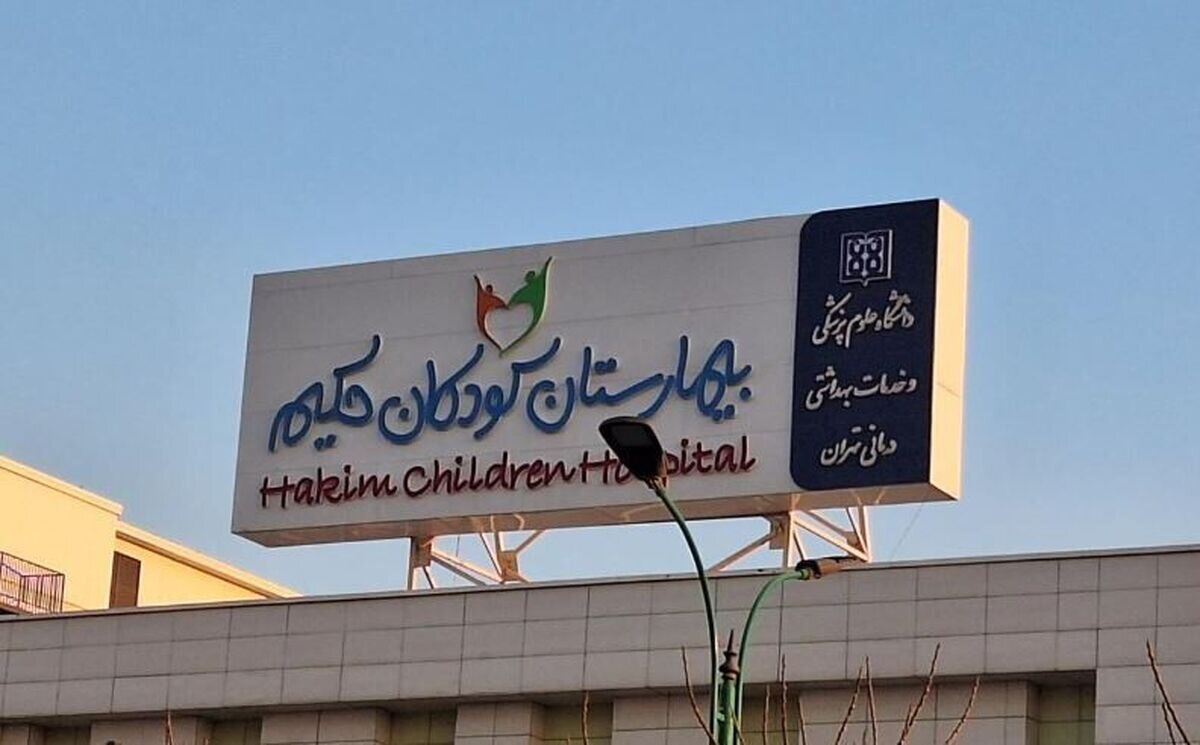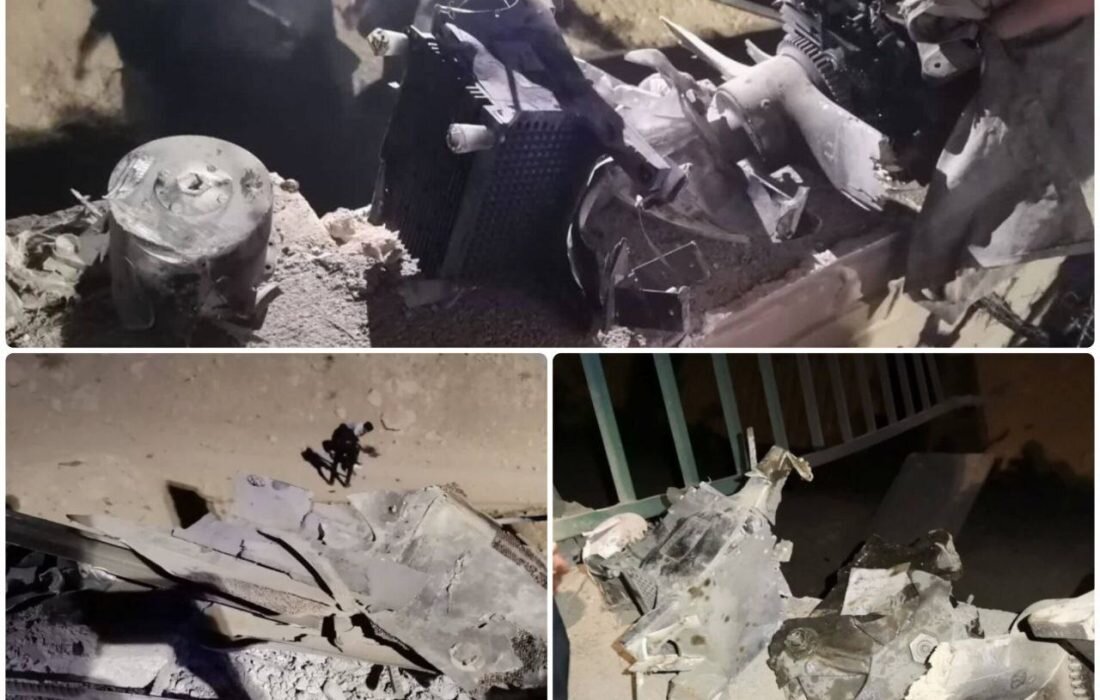Israeli strike on children’s hospital: health facilities are not military targets, experts warn

TEHRAN – As the dust settles from the recent Israeli airstrike on Hakim Children’s Hospital, condemnation is growing over what experts and observers describe as a serious violation of international humanitarian law (IHL).
The drone attack has once again ignited global concern over the targeting of medical infrastructure during conflict.
“This attack reveals Israel’s true face to the world,” said Professor Hossein Qanati, founder of interventional radiology in Iran and a faculty member at Tehran University of Medical Sciences, in an interview with the Tehran Times.
“From the moment this regime was established, it has shown no commitment to human values or international law. Targeting a hospital that treats children is not just a tactical strike... it is an assault on humanity itself,” Qanati said.
According to international humanitarian law, medical establishments and units, including hospitals, enjoy special protection and may not be attacked under any circumstances.
This protection extends to the wounded and sick, as well as to medical personnel and means of transport. The few exceptions—such as misuse of hospitals for military purposes—require clear and documented proof, and even then, a warning must be given in advance. No such justification has been provided in this case.
Qanati emphasized that Israel’s history of targeting civilian sites in Gaza and Lebanon, including residential buildings and schools, shows a continued disregard for such legal norms.
“They target anything – schools, homes, and now hospitals. This is not new for Israel,” he said.

The expert also harshly criticized the World Health Organization (WHO) and other global agencies for failing to respond decisively to such attacks.
“The WHO should be a guardian of human health at the global level. Unfortunately, it is paralyzed by political pressure from global powers,” he said.
Moreover, he pointed to similar inaction during the Gaza conflict, where dozens of children were killed in hospital bombings, and international agencies issued only “weak and symbolic statements.”
“When it comes to the crimes of the Zionist regime, many international institutions remain silent or issue toothless statements. That silence is complicity,” he added.
Addressing Iran’s younger generation, especially those with no memory of the 1980-88 Iran-Iraq War, Qanati emphasized the need for national self-reliance and defense capability.
“This attack is a reminder that power – scientific, economic, agricultural, and especially military – is the only guarantor of national survival,” he said.
He argued that dialogue without strength is futile in the face of aggression.
“I’m not against dialogue – no rational person is. But it must come from a position of dignity and strength, not weakness.”
